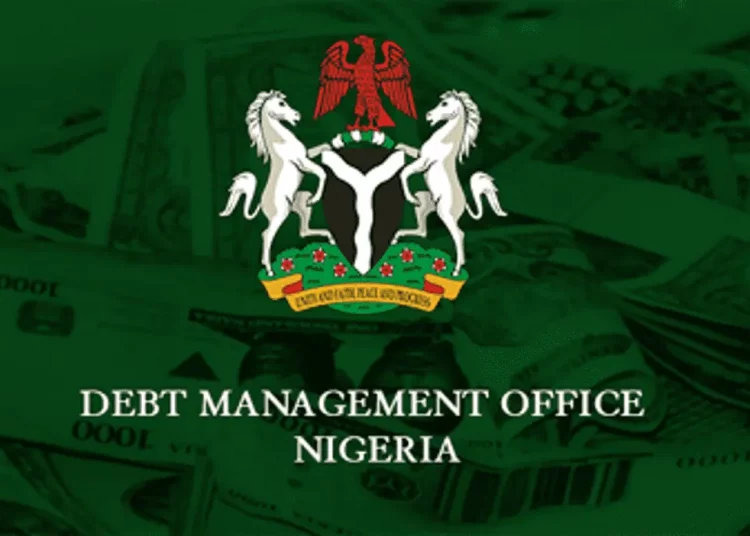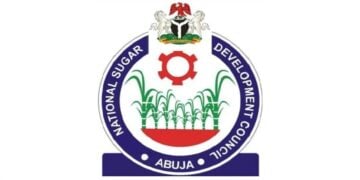Nigeria’s return to the international debt market has recorded significant success, as the federal government’s $2.25 billion Eurobond offering was oversubscribed more than four times, underscoring investors’ strong confidence in the country’s reform trajectory despite lingering geopolitical jitters from United States President Donald Trump’s threat of military action.
According to data released by the Debt Management Office (DMO) and investment bank Chapel Hill Denham, which serves as joint lead manager for the deal, total bids exceeded $9.1 billion, reflecting an oversubscription rate of over 400 per cent. The dual-tranche issuance, comprising 10-year and 20-year senior unsecured notes, was designed to help plug part of the 2025 budget deficit and diversify the nation’s funding sources.
The 10-year tranche attracted overwhelming demand, seven times more than the $700 million on offer, while the longer-dated 20-year tranche, issued at $1.5 billion, drew bids exceeding $4.2 billion. This robust investor appetite came despite heightened market jitters following President Trump’s remarks threatening to deploy U.S. troops to Nigeria over the alleged killings of Christians by Islamist militants. This comment rattled African markets earlier in the week.
Chapel Hill Denham, in a statement on Wednesday, noted that the investor response had been “constructive and supportive” of Nigeria’s return to the Eurobond market. “We expect strong interest in the sale, Trump tweets notwithstanding,” the firm said.
The managing director of Capital Markets at Chapel Hill Denham, Lanre Buluro, confirmed to Bloomberg that book-building for the offer had commenced, saying, “We go live today.”
The DMO stated that the 10-year notes were priced to yield 8.75 per cent, while the 20-year notes were priced at 9.25 per cent, with maturities in January 2036 and January 2045, respectively. The bonds, rated B (Stable) by Fitch, B- (Stable) by S&P, and B3 (Stable) by Moody’s, are issued under the Rule 144A/Reg S format. Settlement is scheduled for November 13, 2025, with a minimum denomination of $200,000 and integral multiples of $1,000.
The issuance marks Nigeria’s first Eurobond since December 2024. It serves as a major test of investor confidence in President Bola Ahmed Tinubu’s economic reform agenda, which has included bold steps such as the removal of fuel subsidies, unification of the foreign exchange market, and renewed fiscal discipline aimed at restoring macroeconomic stability.
At an investors’ forum held on the sidelines of the 2025 World Bank and IMF annual meetings, Central Bank Governor Olayemi Cardoso reaffirmed the administration’s commitment to market-friendly reforms.
“The Central Bank and the Ministry of Finance have been working hand in hand to ensure alignment, stability, and clarity for investors. Nigeria’s focus remains clear, strengthening our fundamentals, advancing reforms, and unlocking opportunities for sustainable investment and growth,” Cardoso said.
Analysts say the strong demand underscores investors’ faith in Nigeria’s long-term prospects. Portfolio Manager at Cowrywise, AbdulRauf Bello, commenting, said, “I sense that it will do well regardless of the issues. The ongoing fiscal reforms and credit rating improvements will support our outlook. Those yields are super attractive, especially when you contextualise them with recent Fed rate cuts.”





